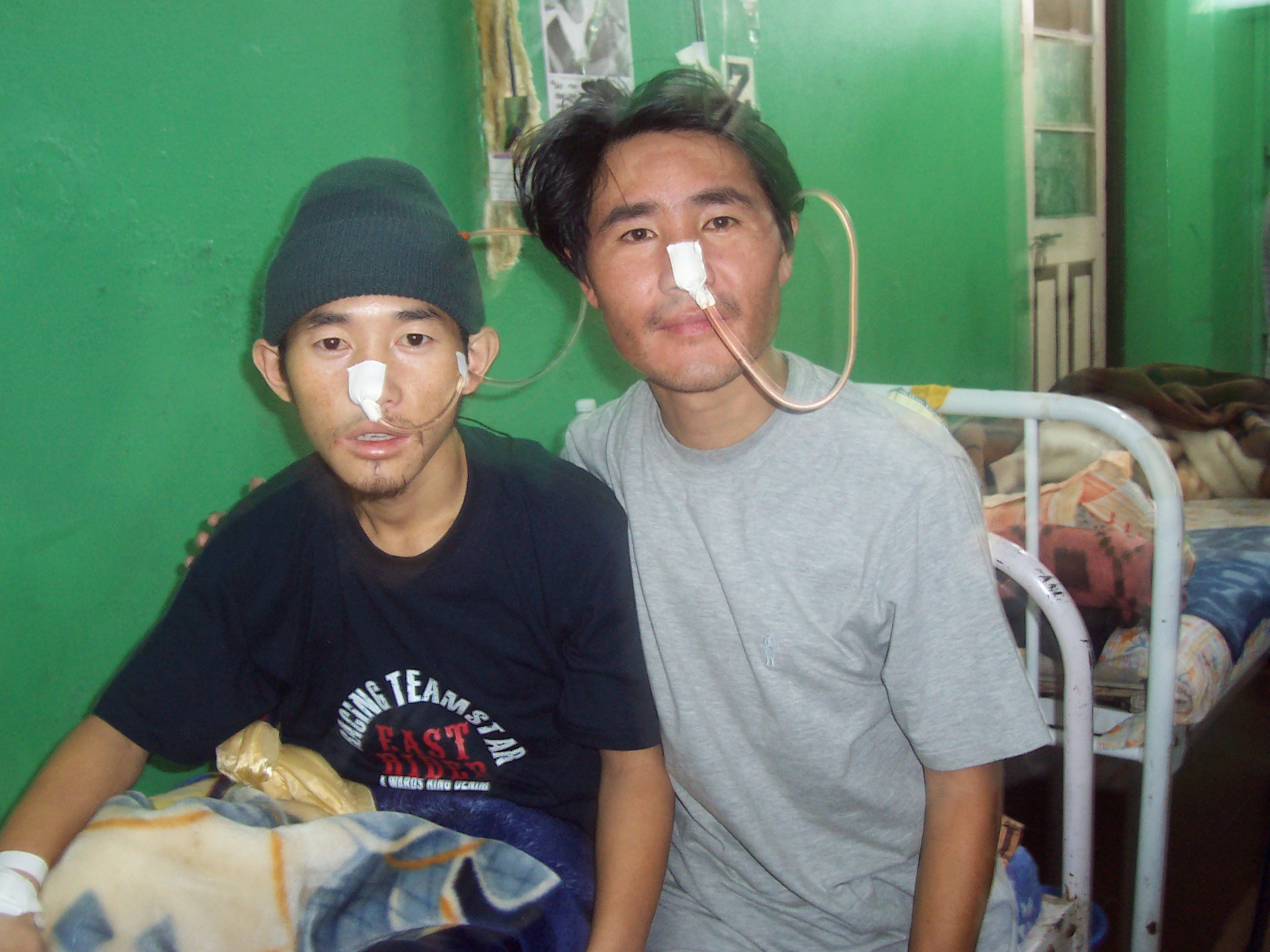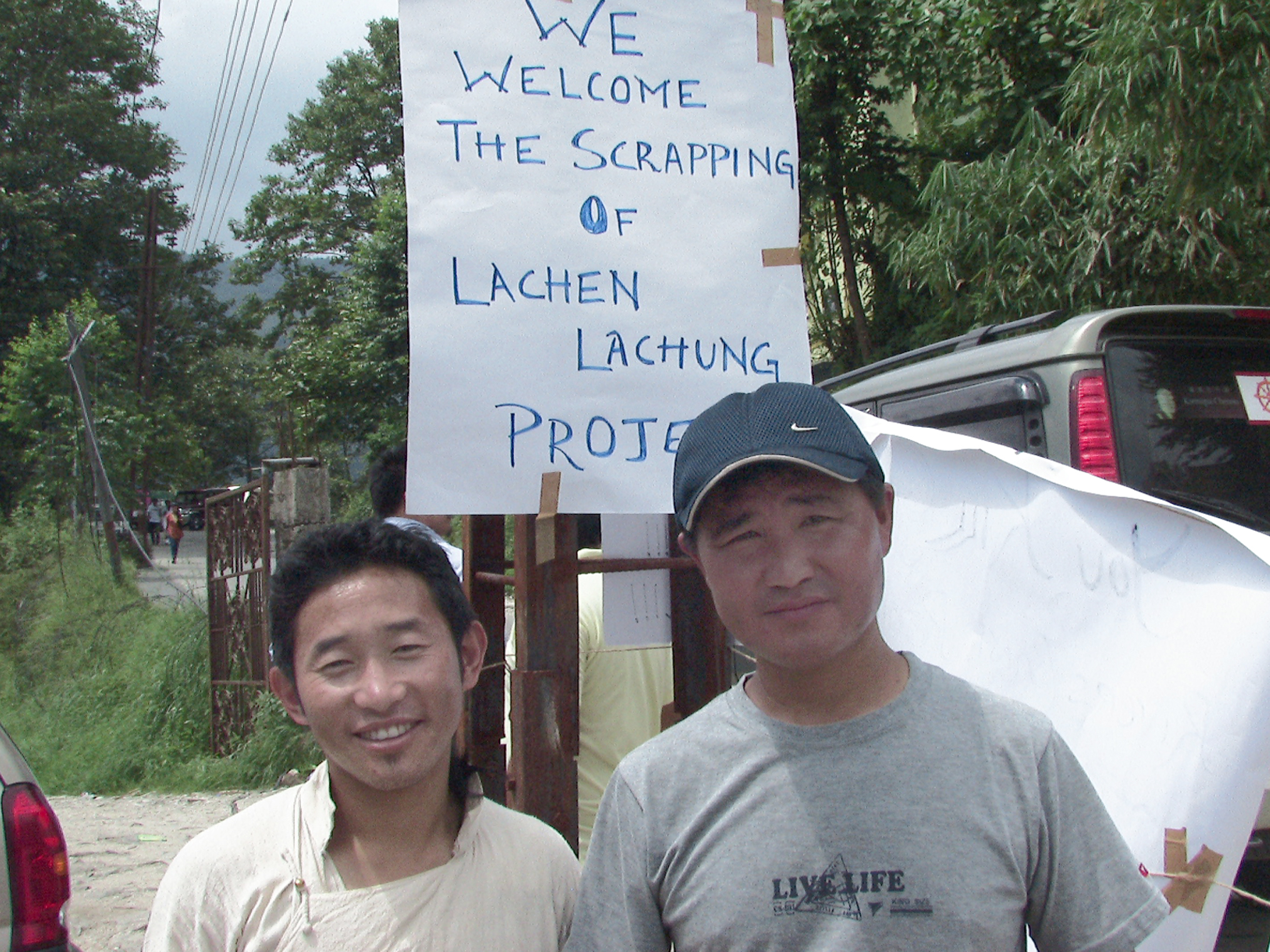

‘Achulay! The Hunger Strike for the Himalaya’ follows the journey of the vanishing Lepcha tribe’s peaceful resistance to powerful government forces set on profiting off their last protected sacred land, Dzongu.
Achulay! The Hunger Strike for the Himalaya
This film shares the voices of indigenous Lepcha activists in the Eastern Himalaya as they unite to protest hydro-development in their protected national park, Dzongu. A pristine, remote holy land, Dzongu is located in Sikkim, a border state between China and India. Annexed by the government of India in 1975, Sikkim is strategic for India’s military and energy needs. As such, Sikkim is currently pressured to produce thousands of megawatts of hydroelectricity from its central river called the Teesta. Unfortunately for the Lepchas, the Teesta river—along with its tributaries—is believed to be a channel through which departed souls travel to their ancestral resting places at the base of the Himalayas. The mega-dams being proposed threaten these beliefs by putting the river into a tunnel and exporting it out of Sikkim. Frustrated by the lack of response to their legal petitions and public rallies by the State and National governments, the Lepchas began Satyagraha a 916 day hunger strike in an effort to be heard.

Dawa Lepcha
Dawa Lepcha refused food for 63 days in “indefinite hungerstrike” and spearheaded other Lepchas from remote villages to congregate in the capitol. A “relay hungerstrike” began in which individuals took turns fasting for one to two days in succession. Though the government and private developers ignored them for nearly three years, the relay allowed the persistent activists to successfully reach an agreement. Of the six mega-hydel dams planned in Dzongu, four would be discarded and the remaining two reconsidered. Additionally, the efforts of the protesters led to an investigation of the legal and environmental assessment process of the dams. Thus, the hungerstrike accomplished many things: it exposed a corrupt development project, kept rampant development out of the Lepcha reserved area, Dzongu, and united the Lepchas around their cultural heritage. Within this, ‘Achulay!’ illustrates the bond formed within the Lepcha’s grassroots movement and spotlights Dawa’s formation as a leader among his people.
Documentary Teaser
Sikkim is rich in biodiversity. Only 2% of the Indian subcontinent, Sikkim holds 60% of all the bird species found in India. It also contains more water in snow, lakes and rivers than India has in any other state. Furthermore, the over 25 proposed dams in Sikkim are being built NOT to generate electricity for the state of Sikkim--which is already self sufficient--but as profit for the private sector and electricity for the national grid of India. While profit and electricity can be conceived as positive gains, Dawa and his people ask the larger question: Can you put a number on the loss of hundreds of undiscovered species and one of the last wild places on planet Earth?
